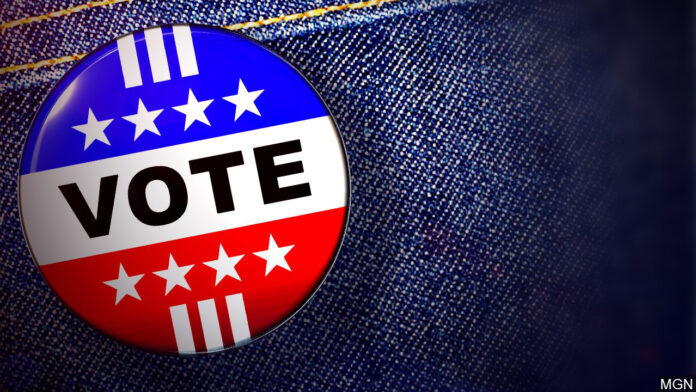By Alexa Ura, The Texas Tribune
Texas once again stands accused of violating the U.S. Constitution through its voting laws.
This time the legal challenge comes from the Texas Civil Rights Project on behalf of two Texas voters whose mail-in ballots were rejected after local officials determined the signatures on their ballots were not theirs.
In a federal lawsuit filed Wednesday in San Antonio, those two voters — George Richardson of Brazos County and Rosalie Weisfeld of McAllen — alleged that the state law that allows “untrained local election officials to arbitrarily and subjectively” reject mail-in ballots based on mismatching signatures violates the Fourteenth Amendment, the Americans with Disabilities Act and the Rehabilitation Act of 1973.
Joined by groups that represent Texans with disabilities, veterans and young voters, they are asking a federal judge to either block election officials from rejecting mail-in ballots over signature doubts or require Texas to notify voters about an alleged mismatch in time for them to “cure” their ballot.
“Even though Texas’ mail in-ballot process should make voting easier for voters from these underrepresented groups, the current flawed process leads to the unlawful disenfranchisement of these Texas voters,” the lawsuit says.
Like other states, Texas offers voting by mail to various kinds of voters — people with disabilities, Texans who are 65 and older, voters who will be outside of the county during an election, such as college students, and those in jail during an election.
Before they are counted, a committee of local election officials reviews mail-in ballots to ensure that a voter’s endorsement on the flap of a ballot envelope matches the signature that voter used on their application to vote by mail. They can also compare it to signatures on file with the county clerk or voter registrar that were made within the last six years.
But because the state election code does not establish any standards for review, the plaintiffs argued that law is applied unequally with each county “necessarily” developing “its own idiosyncratic, arbitrary, and ad hoc procedure to determine that a ballot should be rejected” with no requirement to notify voters about the rejections until 10 days after Election Day.
The lawsuit claims at least 1,873 mail-in ballots were rejected on the basis of mismatched signatures during the 2018 general election; at least 1,567 were rejected in 2016.
A spokesperson for the attorney general’s office, which represents the state in court, did not immediately respond to a request for comment. Neither did a spokesperson for the secretary of state’s office, the lead defendant in the lawsuit.
At a recent state election law seminar, an attorney for the secretary of state’s office reminded county officials that they should consider if a signature could have “reasonably” been made by the same person, noting that her own signature didn’t always match the one on her driver’s license.
In their complaint, the plaintiffs listed several factors that could affect a person’s handwriting, including growing old, illness, injury or a change in eyesight.
“For the most part, signature variations are of little consequence in a person’s life,” they argued. “But in the context of voting by mail, these variations become profoundly consequential under Texas’ signature comparison procedure, as they may result in the improper disenfranchisement of eligible voters.”
Voting rights groups have successfully challenged signature verification laws in other states using similar arguments in recent years. More than a dozen states require some form of notification if a voter’s ballot is being challenged because of a signature mismatch and give voters the opportunity to verify their ballots so they are counted.





